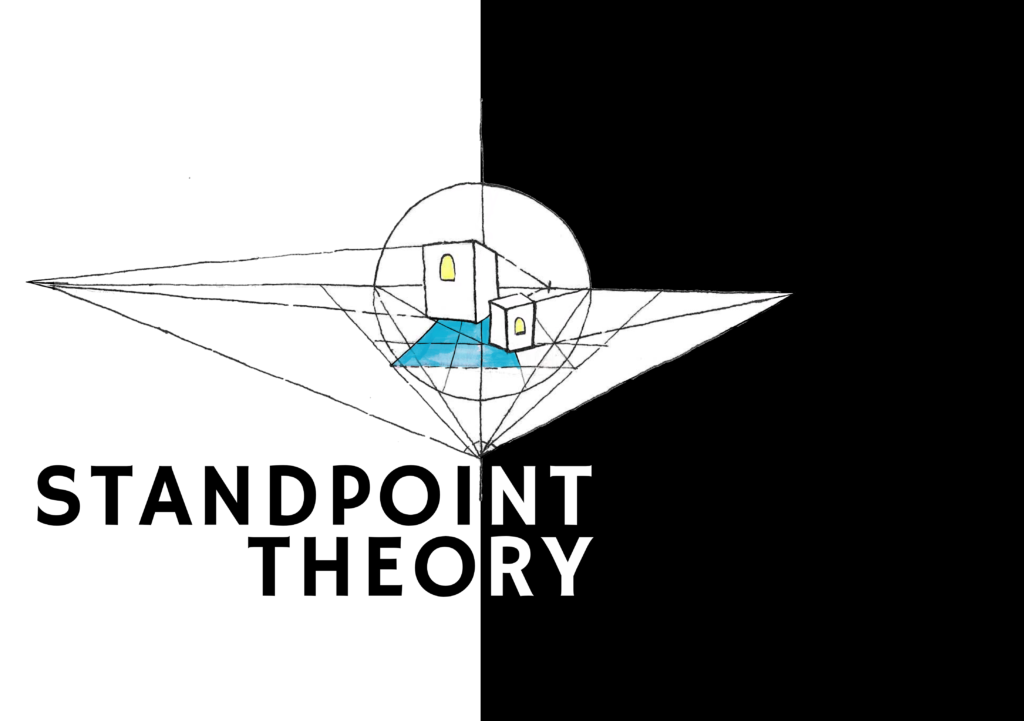
Formation, Contestation and Legacies
Standpoint theory has had an enduring influence despite a contentious history. Inspired by Marxist, feminist and critical race analysis, it anticipates contemporary theories of epistemic injustice but with a focus on what marginalized knowers know well because of their experience of social inequality.
It has long been one rationale for “starting inquiry from the margins”; it provides a framework for understanding why transformative criticism so often arises when the sciences become more diverse; and it is now getting uptake from analytic philosophers interested in standpoint epistemology. Increasingly it also figures in public debate.
This is a crucial juncture at which to look ahead and look back: to clarify the central aims of standpoint theory and articulate an agenda for research and practice that carries forward the liberatory aims that inspired it. In this spirit, we organized a two-day workshop in November 2023, and we are launching a series of podcast interviews with scholars who have played a pivotal role in shaping standpoint theory and putting it to work in diverse contexts.
This site is a work in progress.
Check this spot for updates as these projects take shape.